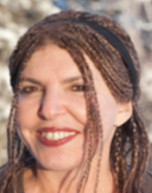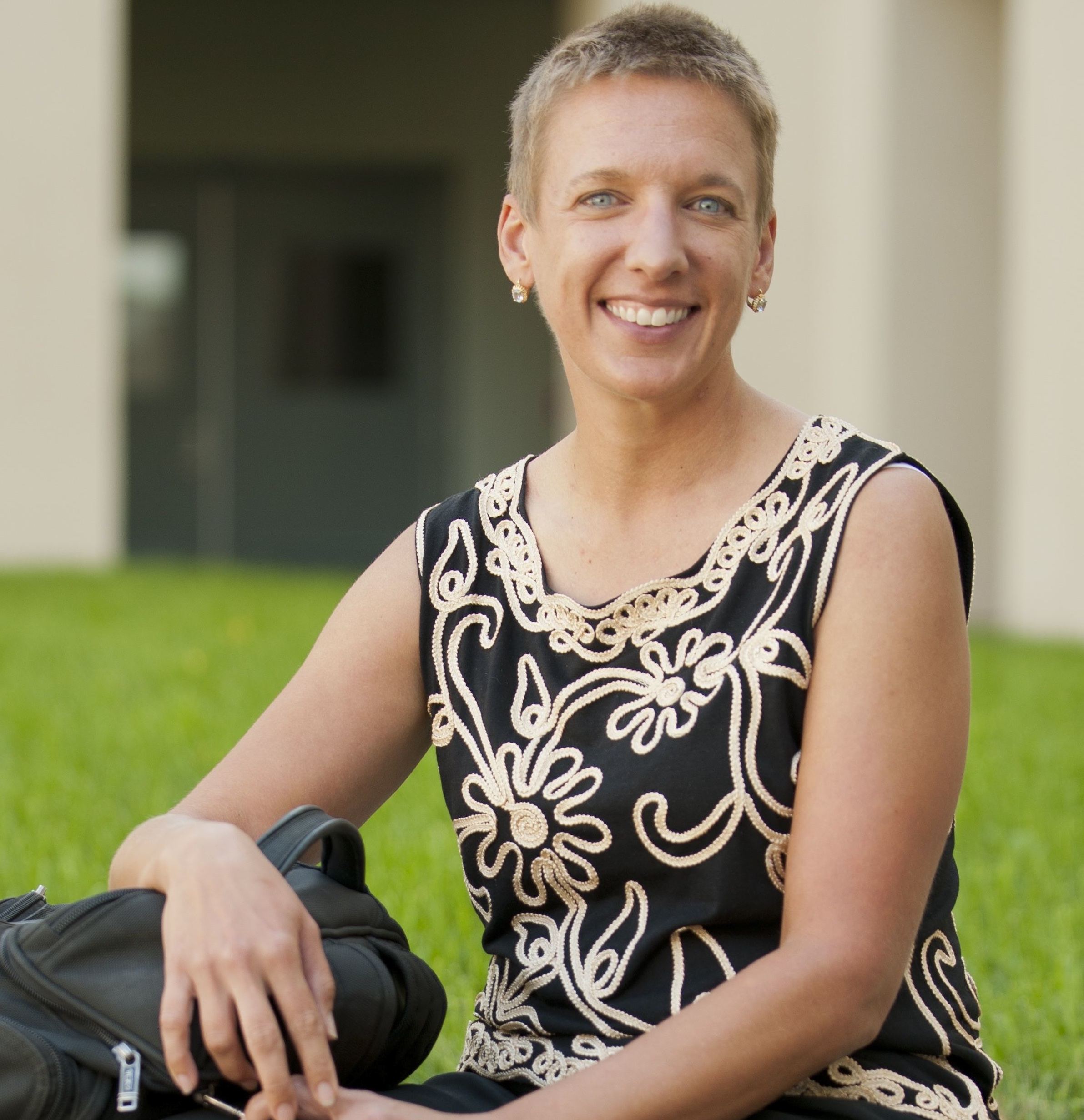Keynote by Professor Karl Henrik Johansson, KTH Royal Institute of Technology on Connected and Automated Vehicles: Recent Research Developments in Road Goods Transport
Abstract:
Freight transport on roads is of utmost importance for our society. It accounts for a significant amount of all energy consumption and greenhouse gas emissions. In this talk, we will discuss how road goods transport can be made more efficient and resilient, from the automation of individual long-haulage trucks to the online optimization of fleet management and logistics. Such an integrated transport system benefits from having trucks travelling close together in vehicle platoons. From the reduced air drag, platooning trucks can save more than 10% of their fuel consumption, in addition to automating some of the driving and thereby allowing major driver regulation changes. Control, communication, and optimization problems on various level of this transport system will be presented. It will be argued that a system architecture utilizing vehicle-to-vehicle and vehicle-to-infrastructure communication enables robust and safe control of individual trucks as well as optimized vehicle fleet cooperation and new market opportunities. Extensive experiments done on European highways will illustrate system performance and safety requirements. The presentation will be based on joint work over the last ten years with collaborators at KTH and at the truck manufacturer Scania.
 Bio:
Bio:
Karl H. Johansson is Director of the Stockholm Strategic Research Area ICT The Next Generation, and Professor at the School of Electrical Engineering and Computer Science, KTH Royal Institute of Technology in Sweden. He received MSc and PhD degrees from Lund University. He has held visiting positions at UC Berkeley, Caltech, NTU, HKUST Institute of Advanced Studies, and NTNU. His research interests are in networked control systems, cyber-physical systems, and applications in transportation, energy, and automation. He is a member of the IEEE Control Systems Society Board of Governors, the IFAC Executive Board, and the European Control Association Council. He has received several best paper awards and other distinctions for his research. He was awarded Distinguished Professor with the Swedish Research Council and Wallenberg Scholar. He has received the Future Research Leader Award from the Swedish Foundation for Strategic Research and the triennial Young Author Prize from IFAC. He is Fellow of the IEEE and the Royal Swedish Academy of Engineering Sciences, and he is IEEE Distinguished Lecturer.
Keynote by Professor Chandra Krintz, UCSB on SmartFarm: IoT Systems That Simplify and Automate Agriculture Analytics
Abstract:
The agriculture industry faces tremendous pressure to increase crop production and yields to meet future consumer demand for food. This problem is compounded by the population growth of the planet, severely limited natural resources (arable land and water), unpredictable weather patterns, the requirement of sustainability, and climate change, among other variables. In an effort to intensify production, growers are increasingly turning to environmental measurement and data analysis. Computing systems can automate this process to facilitate faster problem diagnosis, more accurate outcome prediction, and proactive decision making.
Toward this end, we present SmartFarm–a new, unifying, and open approach to agriculture analytics and precision farming that leverages and integrates IoT and cloud technologies to provide farmers with new sensing, decision support, and data-driven actuation and control technologies. SmartFarm is an integrated, distributed (cloud/edge/sensor) system that facilitates investigation, validation, and demonstration of new approaches for sensing, data analytics and machine learning, and actuation of farm operations, while ensuring that farm data and analyses remain under the control of growers.
Chandra Krintz is Professor of Computer Science at UC Santa Barbara and Chief Scientist and Co-founder of AppScale Systems Inc. Prof Chandra holds M.S./Ph.D. degrees in CS from UC San Diego. Her research interests lie at the cross-section of cloud computing and programming systems and her contributions improve performance, reduce energy consumption, and simplify the use of heterogenous, distributed systems. Chandra has supervised and mentored more than 60 students, published her work in a wide range of top venues, and participated in numerous outreach efforts to introduce computing to young people. Chandra’s efforts have been recognized with an NSF CAREER award, the CRA-W Anita Borg Early Career Award, and the UCSB Academic Senate Distinguished Teaching Award. She was also named a Cloud Computing Pioneer by Information Week and a top M2M Woman by Connected World.
Quo vadis Invited Talk by Dr. Seta Bogosyan, CPS/IOT: Potentials, Challenges, and Opportunities
Abstract:
Cyber-physical systems and the Internet of Things (CPS/IOT) already touch our lives in ways big and small. We believe this is only the beginning. Many communities are already exploring opportunities that CPS/IOT technologies seem to offer, organizing more and more around CPS/IOT to replace older technologies with more capability and interconnectedness. The CPS/IOT technologies are also driving recent new initiatives, such as the U.S.’s Smart and Connected Communities, the EU’s PICASSO (ICT Policy, Research, and Innovation for a Smart Society), and Japan’s Society 5.0. These initiatives are exploring future concepts integral to culture and society, enabled by CPS/IOT, providing innovative services and products, when, where and how we need them.
We believe this trend will only accelerate as CPS/IOT technologies become more reliable, affordable, customizable, and global. On the other hand, despite much exciting research, CPS/ IOT still face foundational challenges such as the need for scientific principles for robust, resilient, predictable CPS/IOT system design, and engineering principles for verifiable, trusted, scalable, CPS/IOT open-systems, and human-centric principles for system engineering with CPS/IOT. Open test platforms and “in-vivo (i.e., living) labs” as in the report of the 2016 US-EU Summit are recognized as essential for comprehensive experimentation, benchmarking for scaling CPS/IOT, and transitioning into practice. Education, workforce development, capacity building, business, law, ethics and governance, i.e., the State and civil society side of CPS/IOT, are also important to making societies work well, live well and prosper.
The strong potential of CPS and IOT to improve quality for all in all aspects of life – from agriculture to transportation, from health care to energy to manufacturing, among others – further motivates us to seek ways to address some of the current long-term challenges. This talk will discuss different approaches to CPS/IOT research and education,and explore the potential of international research partnerships and networks to provide some answers, discuss opportunities and collaboration models that could further advance CPS/IOT and facilitate the more ubiquitous use of these technologies worldwide.
Bio:
Seta Bogosyan was a program director at NSF Office of Int’l Science and Engineering until 2017 and is now an  Expert at the NSF CISE’s CPS Program. She was a full professor at University of Alaska Fairbanks (UAF), and Istanbul Technical University (ITU), and currently an adjunct research professor at Virginia Tech. She is also the director of ITU CPS Lab, and ITU Center for Advanced Vehicle Technologies-Autonomous Vehicles.
Expert at the NSF CISE’s CPS Program. She was a full professor at University of Alaska Fairbanks (UAF), and Istanbul Technical University (ITU), and currently an adjunct research professor at Virginia Tech. She is also the director of ITU CPS Lab, and ITU Center for Advanced Vehicle Technologies-Autonomous Vehicles.
She received her B.Sc. and M.Sc. degrees in electrical and control engineering from ITU, and conducted her PhD studies at the Center for Robotics in University of California at Santa Barbara (UCSB), where she also worked as researcher and lecturer between 1987 and 1991.
Her research interests are teleoperation and bilateral control of robots, autonomous CPS systems, and high efficiency control of electric and hybrid vehicles. She has served as PI on many NSF, and other federally funded grants, and co-authored over a hundred journal and conference papers, several book chapters, and two books. She has also served as VP to IEEE Industrial Electronics Society, as associate editor of IEEE Transactions on Industrial Electronics and IEEE Industrial Electronics Society Magazine. Within her role at NSF, she has initiated international collaborations for different programs, and advised many governments in their efforts to establish research funding mechanisms and new NSF counterparts.

